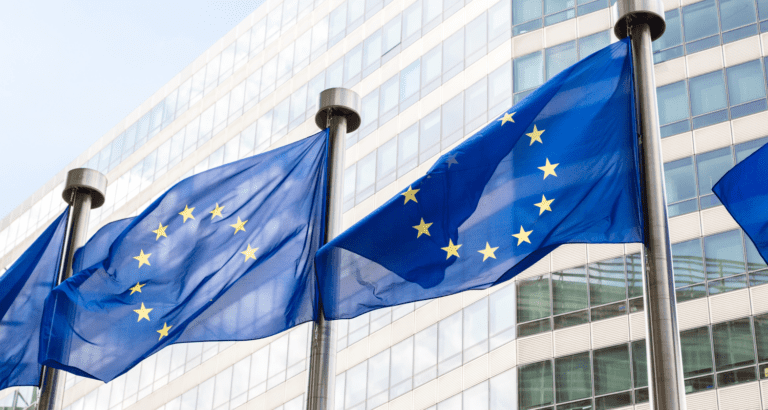All European member states, the US and 32 other countries signed the ‘Declaration for the Future of the Internet’. The declaration describes a vision of the future internet: decentralised, democratic and fair. Those that sign promise to contribute.
The ‘Declaration for the Future of the Internet’ was written by European and American policymakers to define the core values of the future internet. Countries worldwide have been invited to sign the declaration. Their signature is not binding, but political. By signing, countries show support for the norms and values included in the declaration.
The norms and values are as follows. According to the declaration, the internet should operate as a single, decentralised network of multiple networks. Technology providers should communicate transparently and allow room for competitors. Technology on the internet should try to prevent exclusion and discrimination. At the bottom line, the internet should be in line with the Universal Declaration of Human Rights.
Not binding
The declaration has currently been signed by all European member states, the US and 32 other countries, including the UK, Australia, Canada, Japan and Taiwan. As mentioned before, their signature is not binding. The signature has no concrete consequences. Signatures do, however, express a desire to contribute to the future proposed by the declaration.
“Moreover, the partners share a number of concerns”, adds a spokesperson for the European Commission. “Some authoritarian governments suppress internet freedoms. Others use digital tools to violate human rights. The partners oppose cyber attacks, the spread of illegal content, disinformation and the centralisation of economic power.”
Butting heads
The topics are not new to Europe. The European Commission regularly proposes laws to achieve the mission. ‘The centralisation of economic power’ is stopped with the Digital Markets Act; ‘the spread of illegal content’ is tackled with the Digital Services Act.
The scale of the initiative is, however, remarkable. The European Union, US and 32 countries form a coalition against any country with a different vision of the Internet. China did not sign the declaration. The country openly uses the internet to police citizens. The state regularly clashes with the norms and values included in the Universal Declaration of Human Rights. Clashes are expected to continue for the foreseeable future.
